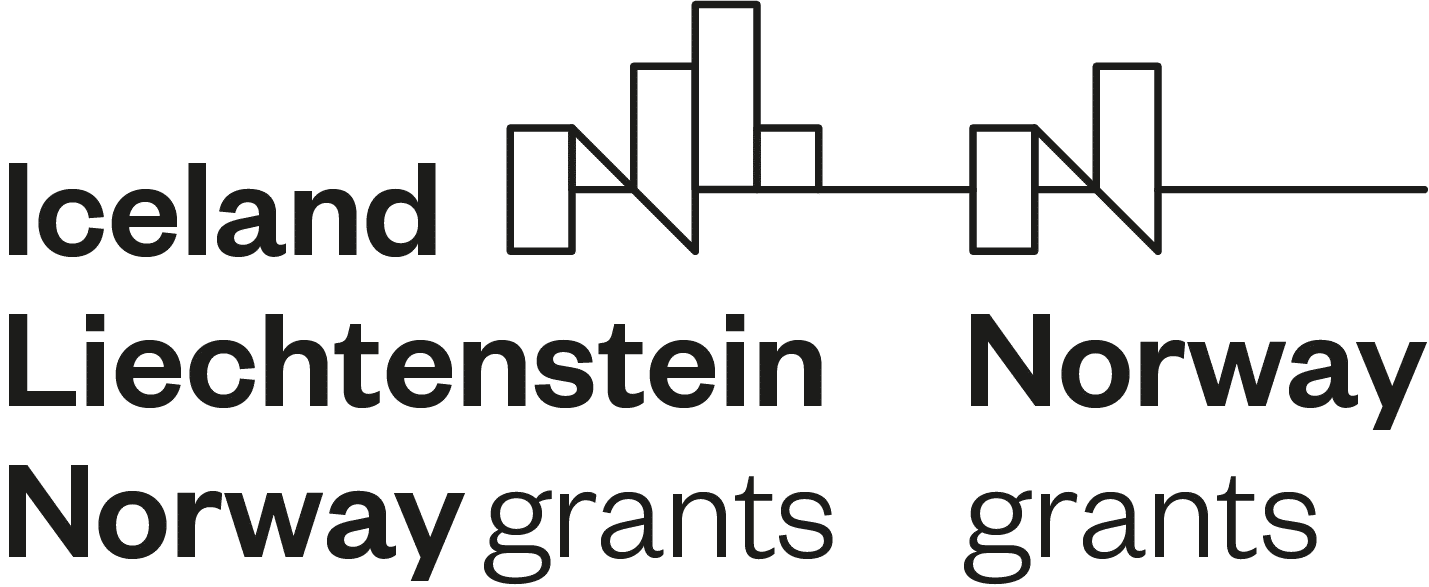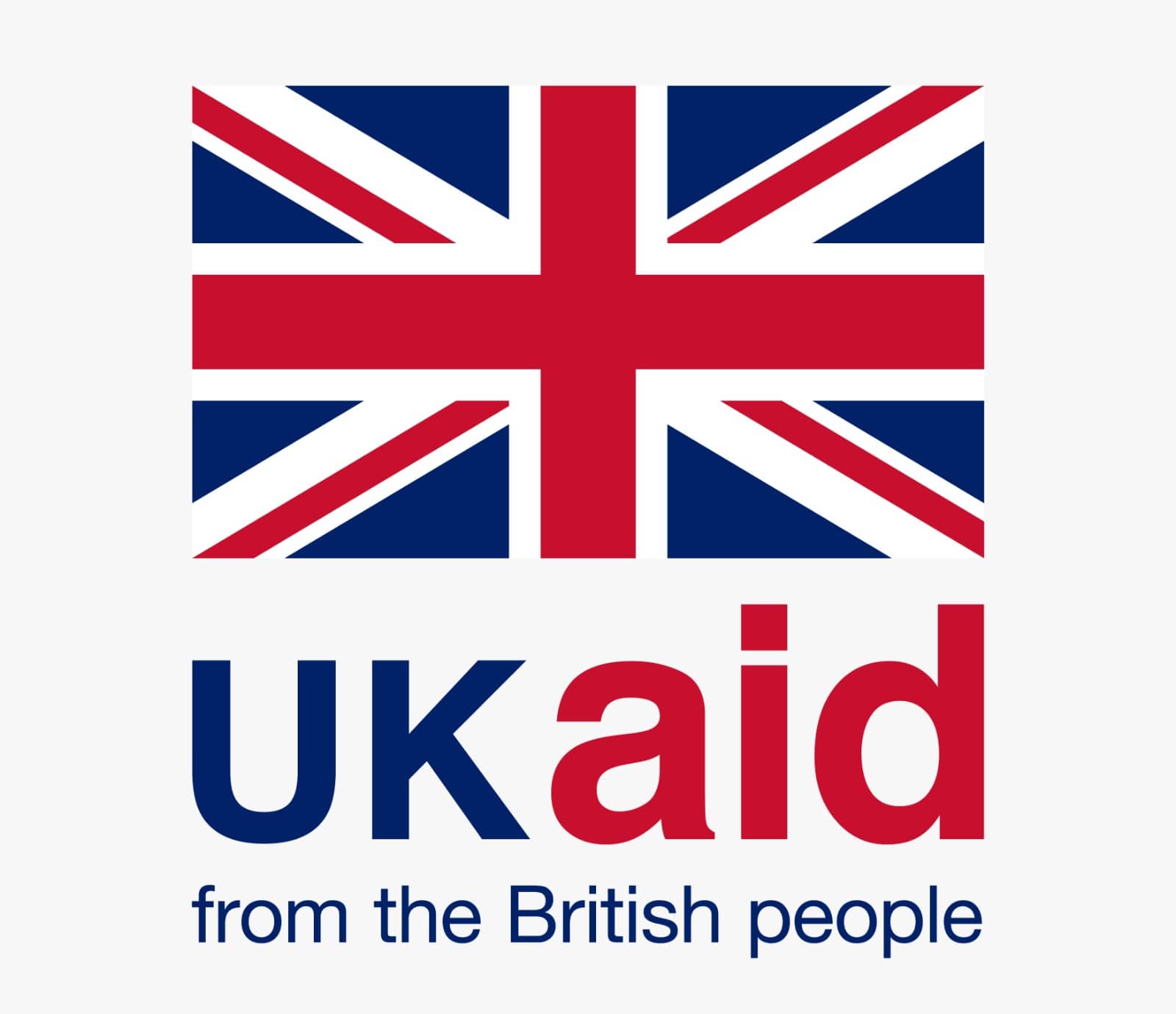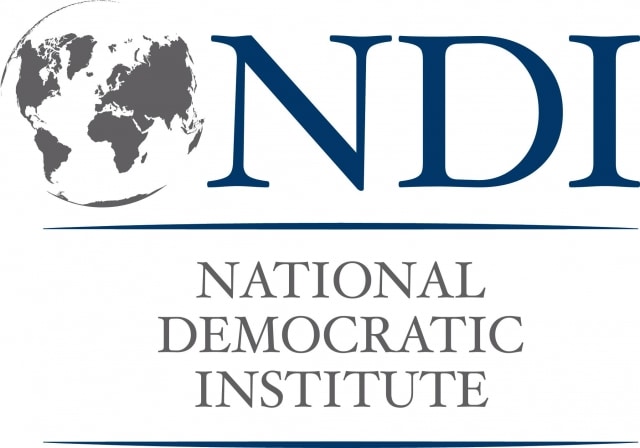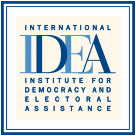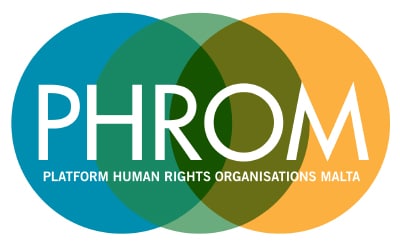The first 100 days of a Libyan Government of National Accord

Getting the conflicting parties in Libya to agree to dialogue has been a long and frustrating process for Bernardino Leon, the Secretary General of the UN’s envoy to Libya. A draft agreement recently made public calls for a Government of National Accord, a unity government which would bridge the chaos currently enveloping the North African country and longer lasting stability once a constitution is adopted. However, the two competing governments have reacted tepidly, even hostile to the proposal. The internationally recognized House of Representatives in Tobruk accepted most of the agreement but proposed significant amendments to oversight of the armed forces, safeguarding the authority of their Libyan National Army Chief of Staff, General Khalifa Heftar. The opponent government, the General National Congress in Tripoli, outright rejected the plan as they feel it does not significantly incorporate their members.
Few, including factions within Misurata, have fully accepted the draft agreement, making any agreement to end the conflict seeming more and more remote. Leon, for his part, has committed to return to the drafting board, but a solution, on the surface, does not seem promising. What may force through an agreement are a number of external factors. The international community is growing concerned with the increasing presence of terrorist organizations like Islamic State. Additionally, thousands of migrants departing the shores of Libya headed for Europe is fostering a massive humanitarian crisis that Europe simply won’t ignore. Finally, the fiscal capacity in Libya is shrinking rapidly toward bankruptcy as low oil prices and production are preventing the nation from generating sufficient revenue to meet all demands.
So what are the options? There are some who think that delaying any resolution until October, when the House of Representatives’ mandate expires, will result in either fresh elections or seizing of power by military types. The problems with this option are many. Significantly five more months of hostility and chaos will further deplete Libya’s reserves, and calcify already deep divisions, never mind the prospect of military rule or the ability to hold credible or genuine elections in a divided and warring Libya. This option will inevitably prolong, if not escalate, the conflict.
The EU and other international actors will press forward with aggressive measures to curb illegal migration preventing further humanitarian tragedies, and target spreading regional terrorist groups. Unilateral EU actions may be complemented by UN sanctions on individual Libyans, seizing their assets, banning their travel to various destinations and generally reducing their already narrow options. This unbearable pressure on Libyan political elites will force a resolution, agreement or union of some sort and seriously mar the integrity of spoilers for generations to come. This forced unity accord need only last until a constitution is introduced and accepted in Libya. The problem with this option is that it does not resolve long standing grievances or tensions, it isn’t borne out of the realization of the long term consequences or impact this will have on Libya’s place in the global community of nations, it merely forces people who dislike one another into a pretence government brought about to protect their own narrow interests.
Ultimately, as Misuratans taking to the streets in the past couple of weeks have demonstrated, it is in the interest of all Libyans for the leaders in the conflicting sides to compromise, and take stock of the bigger picture. There needs to be immediate stability, and a government of national accord as proposed by Bernardino Leon is the best option for all sides to retain their honour, protect their interests, and begin healing a deeply divided nation. But, as we have previously written on this blog, governing – no matter who does it — will be very very difficult as Libyans often have high, if sometimes unrealistic, expectations. The deftness and acuity of any government will be tested from the first day they take office, by consent or by force.
In their first 100 days the Government of National Accord (GNA) is going to have to do one thing, and do it very well – Manage Expectations. Given the state of affairs in Libya there is no end of what needs to be done – rebuilding damaged infrastructure, address the massive proliferation of weapons, tackle terrorist organizations, replenish coffers, convince the population that there are severe constraints on the national budget, heal relations between communities, and so much more. These are long term priorities that will need to be addressed, but importantly, the GNA will need to act fast and deliver results in a very short period to secure the confidence of jaded and disappointed populace.
Any longer than 100 days runs the risk of inertia setting in and claiming their government as many before. Therefore, the GNA needs to demonstrate to the public at large that it is united, that it has the authority to shepherd Libya to a constitutional legitimacy, and that it is different from previous governments. Critically it needs to demonstrate that is has the wherewithal to manage public expectations effectively. Also it needs to provide evidence to a doubtful public that it is capable of governing in the interests of Libyans that goes beyond jumping from crisis to crisis.
“Accountable and Transparent”
It has been said that the quickest way to end your political career in Libya is to enter politics; it belies the fact that the political class is so mistrusted, and mistreated. In large measure this is the result of an inexperienced political class often incapable of building consensus and compromising for the greater good. The GNA has to establish a benchmark for accountability and transparency that is strictly adhered to throughout official Libya. Marching orders from the Prime Minister’s office must be given to ministers and their respective bureaucracies and external national actors empowered to assist in the accountability process. Immediately empowering Libyan actors to support the accountability process is critically important and will bolster the transparency of the GNA as well as focusing it on delivering on some short term realistic achievements.
“Quick Fixes”
There are a number of issues that can be immediately addressed by a GNA that would be greeted warmly by Libyans. Restocking hospital supply stores of basic medicines which have been depleted over the past year, possibly with the aid of the international community, is one way to show people that this is a government of action. Additionally, and given the number of displaced Libyans inside and outside of Libya including those seeking medical treatment, the government will need to address the dysfunction inside the passport office, and ensure that citizens can get updated passports. In conjunction with this, the GNA should work with the international community to proactively resolve travel restrictions for Libyans resulting from closures of most diplomatic missions in Libya. Further, the authorities responsible for airports can comply with Tunisian security needs which would allow flights to resume – but must satisfy Tunisian security concerns. These immediate actions would demonstrate the GNA’s ability to respond to a significant challenge affecting nearly all Libyans.
“Assert Authority”
The fundamental challenge to the authority of the GNA, indeed to every government before it, will be establishing basic security. While comprehensive security reform will be a long and arduous process, there are small things that can be done as history has demonstrated. In the aftermath, for example, of the 2013 Garghour violence between a Militia and neighbouring citizens, the Zeidan government quickly rolled out what appeared to be a uniformed security presence around Tripoli. This was warmly greeted by Tripolitanians who had become tired of having various armed, sometimes well intended, groups patrolling streets. The GNA should quickly deploy security forces under a unified command, operating under a well publicized code of conduct, and all with a common uniform identifiably part of state security structures.
Libyans should not expect that the central government will be able to address every issue. The GNA will, therefore, need to enlist municipal leaders — in a substantial way — to share the burden of responsibility. This can be achieved by giving, if even temporarily until the constitution is finalized, certain authorities to local governments. This might include revenue generating capacity by way of municipal licensing. For example, the municipality could have the power to charge a licensing fee to restaurants and food stalls; of course this process must be accountable. With fiscal capacity and greater responsibility municipalities would effectively become a key partner with a stake in the unity process’ success.
The executive is not the only branch of government that needs to assert its authority, and given the disastrous experience with legislative politics to which Libyans have been exposed, the legislative body must establish its legitimacy. They can do this in a couple of ways: first, by successfully passing a piece of legislation with a clear, defined, and upheld rules and procedures; secondly, it needs to invite active citizen input, and must demonstrate it can responsibly exercise their oversight function without descent into unproductive politicking. A non-controversial piece of legislation could be the test case; devolving licensing to municipalities for example. But what is critically important in this exercise is demonstrating that the GNA is truly a unified government with both branches respecting the limits of their respective authorities, and subjecting themselves to accountable oversight.
“A Plan”
Beyond the quick fixes and asserting its authority, the GNA will also need to establish plans; the 100 day plan as well as the longer term transition plan to a constitutional Libya. The Constitutional Drafting Assembly, has been working, albeit under very challenging circumstances to draft a document that reflects the values of Libyans. However, it will be some time before a final draft is put to the electorate in a referendum. Any government will need to explain what happens between their taking office and a new constitutional government is empowered.
The Prime Minister’s office must quickly task each ministry with describing their plans for the first 100 days and consult with the CDA on a reasonable timetable for a constitutional draft. Each ministry should pick one or two easily achieved actions (the more tangible and visible the better) and be held to those achievements. Civil society and the legislative body could play an important role in being charged with monitoring and commenting on the government’s progress. This has to be a national effort which help binds Libyans to achieving the achievable in a relatively short period.
Conclusions
The government needs to handpick from each Ministry a small team of people who understand the inner workings and are capable of moving things within the ministries to take charge of their 100 day plans. This cannot be a rehash of the “doing it on their own Prime Ministers” of the past, but has to be done by a Prime Minister that is viewed as a collaborative but firm manager, confident of delegating responsibility and authority, while demanding results, accountability and transparency, not just to him or her, but to all Libyans.
Libyans have “seen it all” over the last four years, inexperienced legislators who are quickly captured, distracted, or resigned as well as apoplectic executive governments which are accountable to narrow interests not the public good. The GNA as a whole will need to be different than previous governments, they will have to work hard, very hard, at managing expectations and delivering substance. They will have to be more honest than any government before as they describe their plans to address the many problems faced by Libya in the short and long term. It cannot be a government that does everything for everyone, but it also needs a population that understands this and pitches in where it can patiently, and supportive.
The leadership of any Government of National Accord has to quickly earn the support of all Libyans, appealing to their patriotism, vanities, or whatever it takes for them to get behind what will be a long and difficult ascent from the abysmal depths they have reached today. While there may be few people in Libya today capable of rallying the entire nation, they have little choice as their neighbours are quickly losing patience with the regional impact of inter-communal conflict.
Writing by:
Carlo Binda, Managing Director Binda Consulting International Ltd.
Frank Talbot, Principal, Talbot Advisory International, LLC




